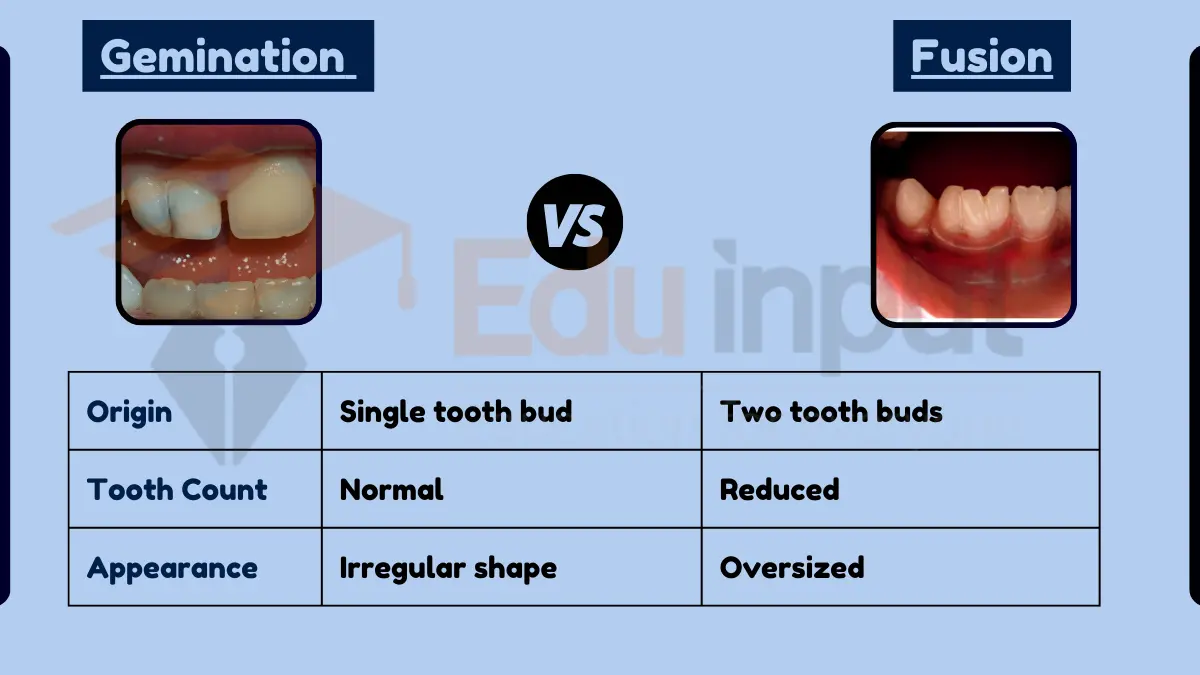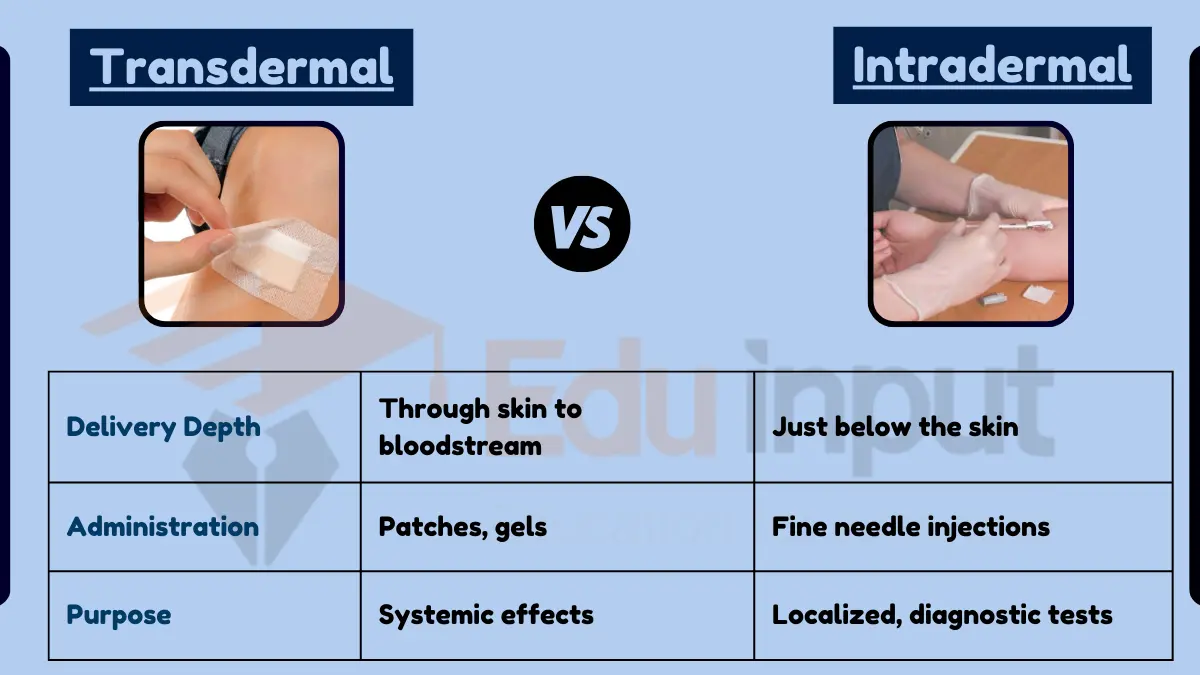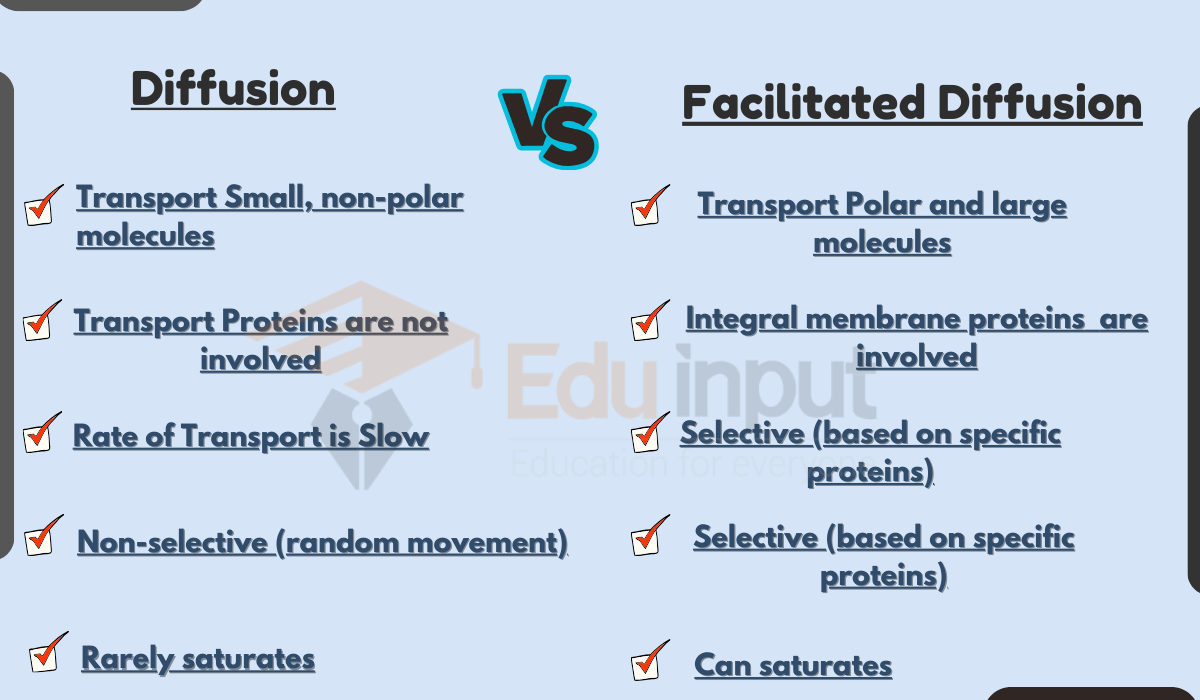Differences Between Antigens And Antibodies
May 27, 2023
The main difference between an antigen and an antibody is that an antigen is a foreign substance that enters the body, such as bacteria or viruses, while an antibody is a protein produced by the immune system to specifically target and fight against these antigens.

Antigens vs. Antibodies
Here are the main differences between antigens and antibodies:
| Factors | Antigen | Antibody |
|---|---|---|
| Also called | Immunogens | Immunoglobulins |
| Molecular Type | Usually lipids, can also be proteins, carbohydrates, and nucleic acids | Proteins |
| Effect | Can cause allergic reactions or illnesses | Protects against the effects of the antigen, such as lysis or immobilization of the particle |
| Specific Binding Site | Epitopes – regions of the antigen where it interacts with antibodies | Paratopes – variable regions of the antibody that bind to epitopes |
| Origins | Origins outside the body | Always originate within the body |
| Size | Varies in size and complexity | Consists of two heavy chains and two light chains, forming a Y-shape structure |
| Production | Produced by the body in response to the presence of foreign substances | Produced by B cells in the immune system |
| Function | Recognizes and triggers an immune response against foreign substances | Binds to specific antigens, neutralizing or eliminating them |
| Diversity | Can have a wide range of structures and can be unique to each individual | Exhibits high diversity due to genetic recombination and mutation |
| Memory | Does not possess memory of past encounters | Can generate memory cells for rapid response upon subsequent exposure to the same antigen |
| Role in Immune Response | Serves as a target for antibodies and activates the immune system | Key component of the humoral immune response, providing targeted defense against specific antigens |
| Duration | Generally stable and long-lasting | Short-lived, but can be continuously produced upon re-exposure to the antigen |
| Diagnostic Use | Detection of specific antigens can indicate the presence of infections or diseases | Measurement of specific antibodies can indicate past exposure or immune response to certain pathogens |
File Under:







Leave a Reply